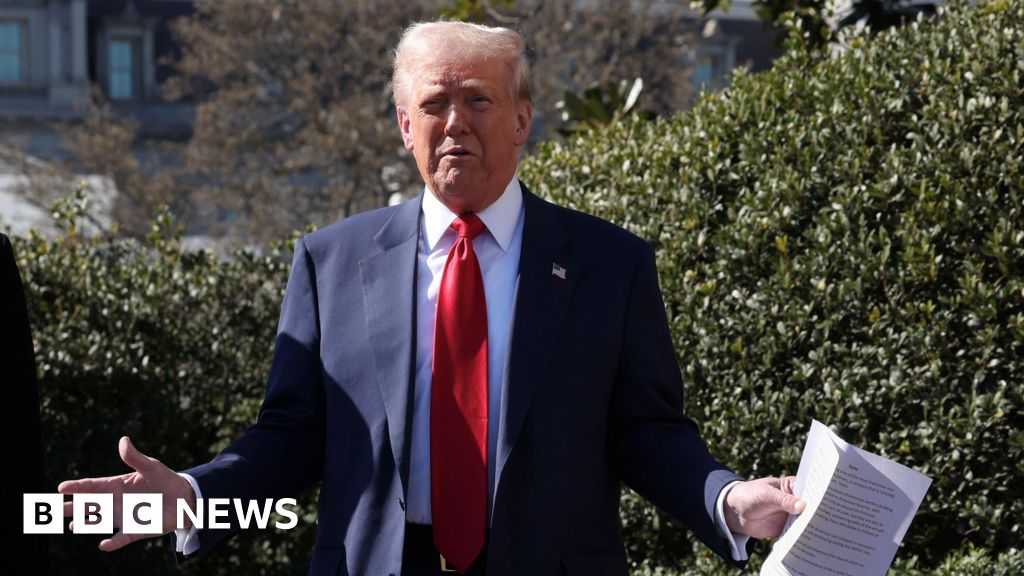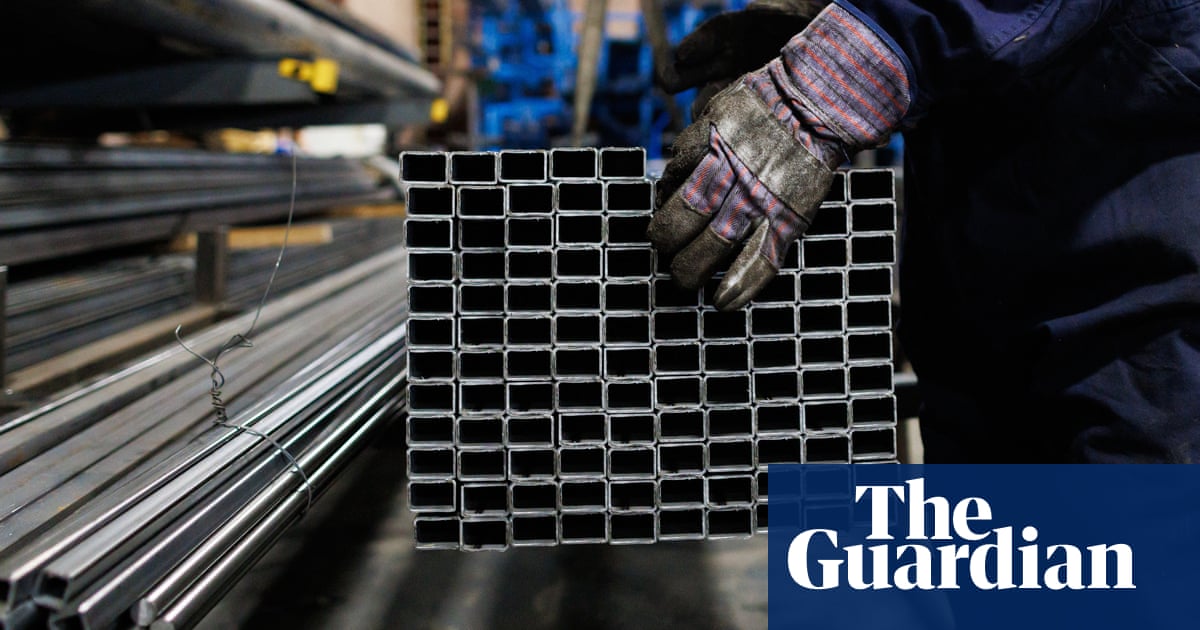Trump Implements 25% Tariff on Steel and Aluminum Imports Amid Market Turmoil
President Trump imposes a 25% tariff on steel and aluminum imports, aiming to boost U.S. jobs despite concerns over economic repercussions and market reactions.
Subscribe to unlock this story
We really don't like cutting you off, but you've reached your monthly limit. At just $5/month, subscriptions are how we keep this project going. Start your free 7-day trial today!
Get StartedHave an account? Sign in
Overview
President Trump has officially increased tariffs on steel and aluminum imports to 25%, eliminating all previous exemptions. This move aims to create U.S. jobs amidst concerns of economic downturn and stock market instability. While proponents argue it will revitalize domestic manufacturing, critics warn about potential price hikes for consumers and negative impacts on downstream industries. The European Union has announced countermeasures against U.S. goods, further escalating trade tensions. Trump's tariff policies may cause short-term economic disruptions, with analysts predicting price increases and possible repercussions for various sectors, including automobiles and construction.
Report issue

Read both sides in 5 minutes each day
Analysis
- Trump's imposition of 25% tariffs on steel and aluminum imports is aimed at boosting domestic production and creating jobs, despite concerns over rising consumer prices and stock market volatility.
- The removal of exemptions and the escalation of tariffs is seen by some industrial groups as a way to protect American jobs in the steel and aluminum industries, although it has raised costs for downstream manufacturers.
- Critics argue that the tariffs could lead to negative economic repercussions, including higher prices for consumers and potential job losses in industries reliant on these metals, contributing to fears of a recession.
Articles (8)
Center (7)
FAQ
The primary goal is to protect and boost U.S. manufacturing jobs by countering unfair trade practices that threaten national security and domestic industries.
The tariffs could lead to price hikes for consumers and negatively impact industries such as construction and automobiles, which rely heavily on steel and aluminum.
The European Union has announced countermeasures against U.S. goods, and Canada has also responded with retaliatory tariffs, escalating trade tensions.
The new tariffs eliminate all previous country exemptions, but there is a process for requesting exemptions for derivative articles made from U.S.-produced steel and aluminum.
History
- This story does not have any previous versions.




